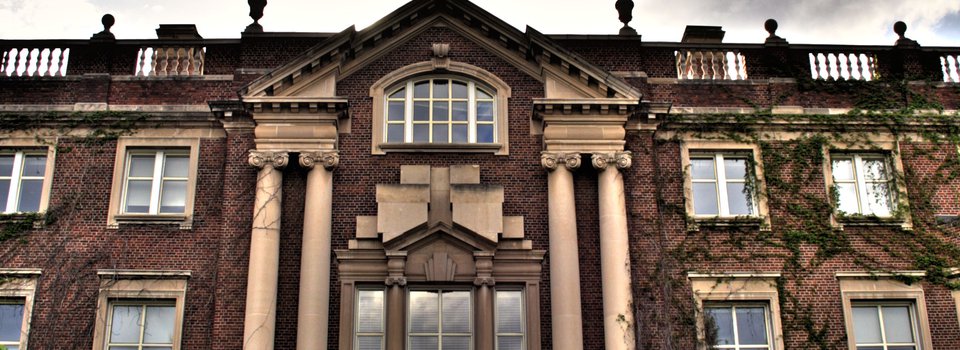1. Wait... the U of A has a Senate?
Yes, we do! Founded in 1908, the University of Alberta Senate exists to inquire into issues that hold relevance to the University, to advance the University’s reputation, and to build relationships between the University and local, provincial, national, and international stakeholders. The Senate does not report to the university; rather, it represents the public interest by bringing together University staff, faculty, students, and broader communities to advise the University Board of Governors and General Faculties Council.
The Senate consists of 62 members: 31 are selected from the public, and 31 are appointed by university and community stakeholder groups like the Board of Governors, the Non-Academic Staff Association, and the Students’ Union.
2. Less expense scandals, more community building
Unlike the federal body that shares its name, the U of A Senate doesn’t engage in any funny money business. Its purpose is to bridge connections between the University and the community at large. This may sound like a vague mandate, which is true; the Senate’s broad mandate gives members the opportunity to identify and pursue their own areas of interest. Often, this is done through a high-level inquiry or task force; the Senate’s most recent task force, Connecting Communities, identified the ways that the public views the U of A as being elitist and having an “ivory tower” attitude. In response, the Senate released a report and gave recommendations to the University, one of which being pioneering an “open campuses” strategy to increase access to the University’s educational resources.
3. U-School is a Senate project
You may be familiar with U School, a year-round program that introduces elementary and junior high-aged students to the University. The program reaches out to Indigenous, rural, and socially vulnerable communities in particular to immerse students in a fun educational immersive experience. U School has had overwhelming success; the program has involved over 3,700 students since it began in 2010, and the first U School graduates are starting to come to the University as undergraduate students themselves.
U School isn’t the Senate’s only outreach program. On September 13th, 80 young mothers from Braemar High School were invited to the University to participate in activities, panel discussions, and campus tours. The goal of the program was to encourage the pregnant and parenting students in this high school to experience a post-secondary environment as a welcoming place they could attend after graduation. The program was put forward by a member of the Senate, and has since been taken on by the Faculty of Graduate Studies and Research to continue in the future.
4. Honorary degrees, student mental health, and more!
Most bodies similar to the Senate at the U of A are governance bodies, where they make high-level decisions and delegate the work to staff. The Senate not a governing body - with only 2 support staff, the nitty-gritty day-to-day work is done by Senators who volunteer their time to work on campus initiatives. Most of this work is done in committees: the Campus Inquiries and Initiatives Committee exists to undertake research into campus and public interest; the Community Engagement Committee exists to find opportunities for Senators to build relationships between the university and the communities it serves; and the Honorary Degree Committee is self-explanatory - it decides who will be awarded with an honorary degree. The Student Mental Health Working Group is a relatively new committee, whose goal is to advise the Senate on mental health issues on campus and advocate both to the university and externally for better campus mental health supports.
5. You can be a Senator!
Every year, the Students’ Union nominates 3 undergraduate students to sit as student representatives on the Senate along with the SU’s Vice President External. Those students will have the opportunity to make connections with other members of the Senate and with the communities the University serves. Students make an enormous impact on the Senate - the Braemar High School partnership was initiated by a student member of the Senate, and student members have created lasting impacts on the way that the Senate approaches campus issues. If you’re interested in applying to the Senate, applications or the 2018/2019 school year will open in March 2018.
Victoria deJong is a fourth-year Political Science student and a Research Analyst for the University of Alberta Students’ Union. She is currently an undergraduate student representative on the U of A Senate. Questions, comments, and concerns about this article can be directed to victoria.dejong@su.ualberta.ca.


